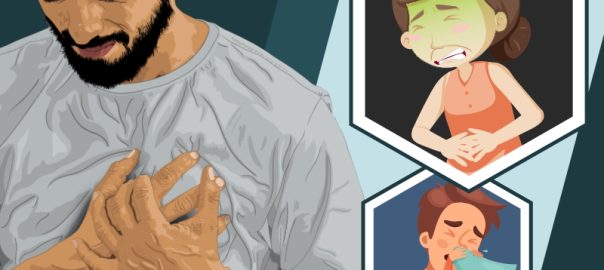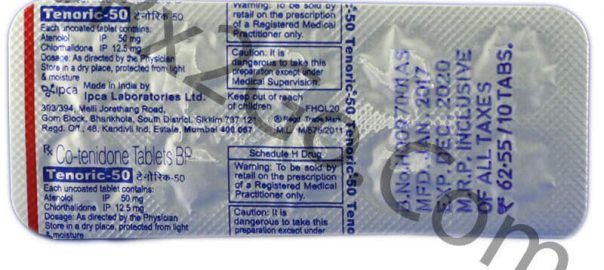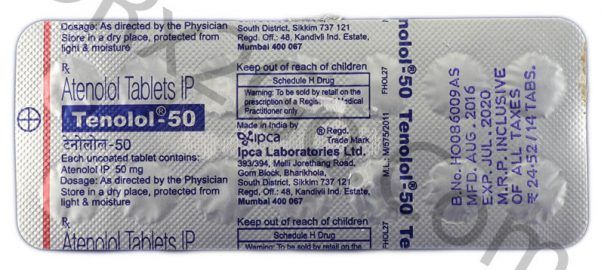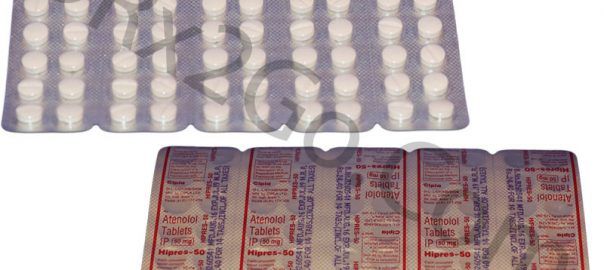Chest Tightness may appear in several forms that range from a sharp stab to a dull ache. Sometimes, it feels crushing or burning. In most cases, the pain travels up the neck, into the jaw, and then spreads to the back or arms.
Several factors can cause chest pain. The most life-threatening causes involve the heart or lungs because chest pain can indicate a serious problem, it is important to seek help right away.

Symptoms of Chest Tightness
Although chest pain is often associated with heart disease, there are several patients with the disease who say that they have a vague discomfort that isn’t necessarily identified as pain. In general, chest discomfort related to a heart attack or another heart problem may be described by or associated with one or more of the following:
- Cold sweats
- Dizziness or weakness
- Nausea
- Vomiting
- Shortness of breath
- Pain that lasts more than a few minutes, gets worse with activity, or goes away and comes back
- The crushing or searing pain that spreads to your back, neck, jaw, shoulders, and one or both arms
- Pressure, fullness, burning, or tightness in your chest
Causes of Chest Tightness
Chest pain has many possible causes, all of which need medical attention.
1. Heart-related causes
- Heart attack
- Angina
- Aortic dissection
- Inflammation of the sac around the heart (pericarditis)

2. Digestive causes
Chest pain can be caused by disorders of the digestive system, including:
- Heartburn
- Gallbladder or pancreas problems
3. Muscle and bone causes
Some types of chest pain are along with injuries and other problems affecting the structures that make up the chest wall, including:
- Costochondritis
- Sore muscles
- Injured ribs
4. Lung-related causes
Many lung disorders can cause chest pain, including:
- Pulmonary embolism
- Inflammation of the membrane covering the lungs (pleurisy)
- Collapsed lung
- Pulmonary hypertension
Chest pain can also be caused by:
- Panic attack
- Shingles
- Diagnosis of Chest Tightness
Chest pain is not always a signal of a heart attack, but that’s what doctors in the emergency room usually test for first. It is because it can be potentially the most immediate threat to life.
Some of the first tests your doctor may order when evaluating chest pain include:
- CT Scan
- Chest X-ray
- Blood tests
- ECG or EKG
Depending on the results from the initial tests for chest pain, you may need follow-up testing, which may include:
- Echocardiogram
- Stress tests
- Coronary catheterization (angiogram)
Treatment and Medications for Chest Tightness
Based on your specific situation, your doctor will be able to explain the recommended treatment options and the outlook for your condition. A variety of treatment options are available, from simple lifestyle changes to medication or a detailed treatment plan.
Drugs used for the treatment of some of the most common causes of chest pain may include:








